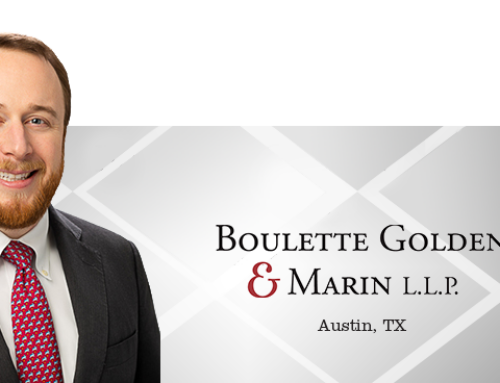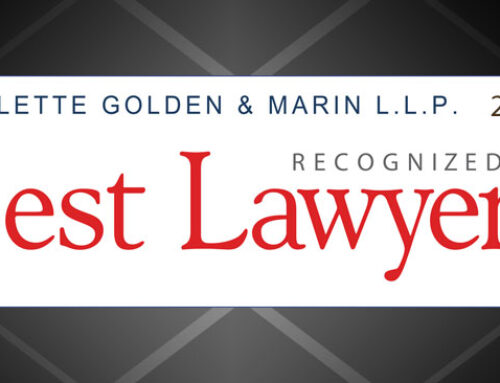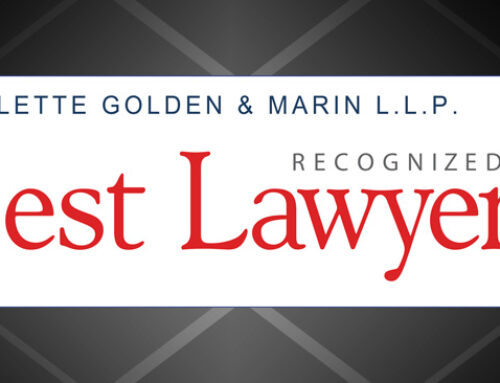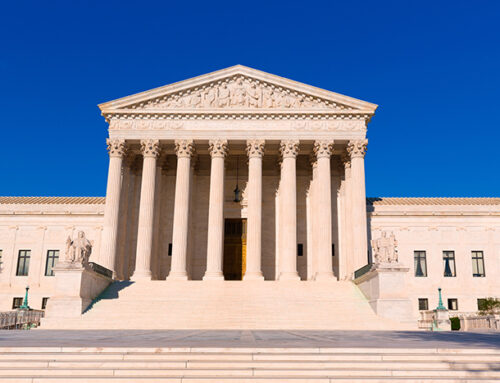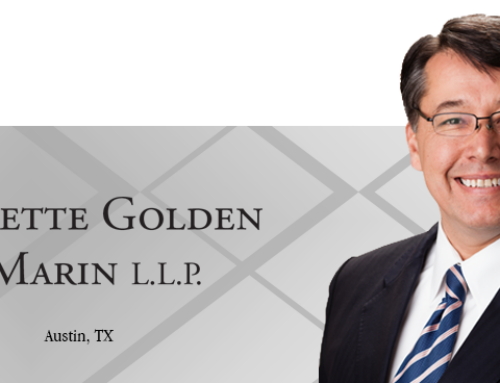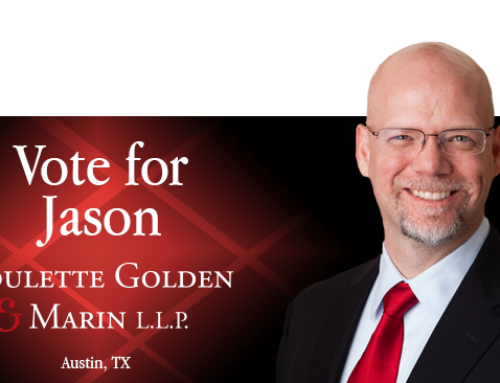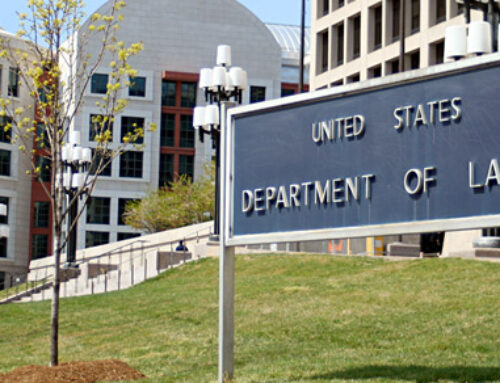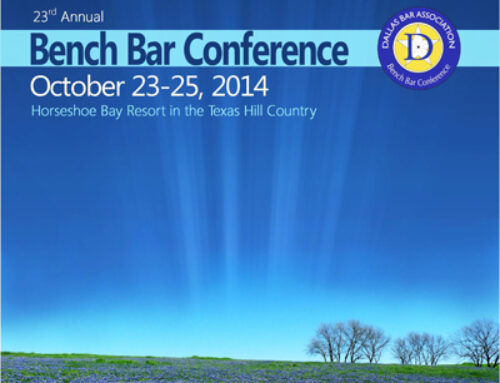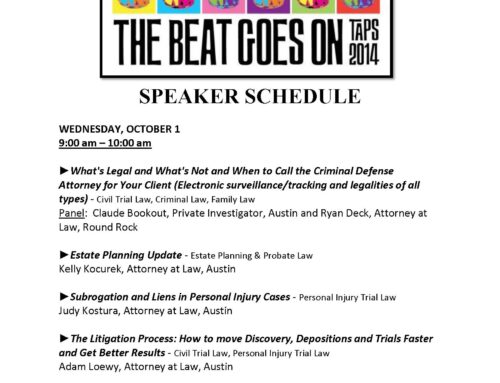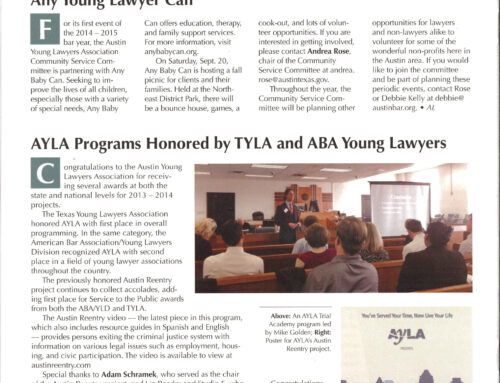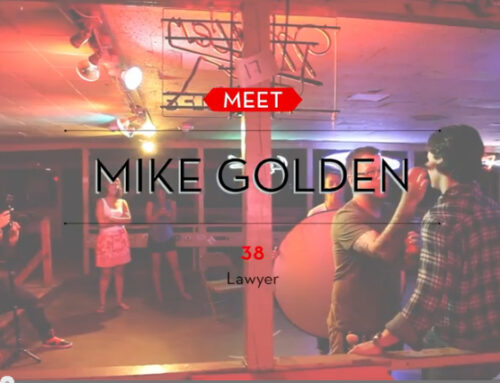by Laura Merritt
The 2016 election cycle was, as most people agree, contentious and dramatic to a degree not seen in recent history. Unlike a typical presidential election, the controversies and strong feelings have not diminished, but some might say, have even intensified and may continue to do so after the new administration is in place.
This unique dynamic presents a heightened challenge for employers: whether and how to regulate political speech in the workplace in order to preserve employee morale and ensure productivity is not impacted by protracted and often inflammatory political conversations. On one end of the spectrum are employers choosing to not address it all, and on the other end, companies that prohibit political speech entirely.
Underlying these concerns is the presumption of “freedom of speech,” which is frequently misunderstood to mean “I can say whatever I want, wherever I want, without suffering any consequences.” What many employees do not realize is that, unless they work for a governmental entity, the First Amendment does not apply to their workplace rights.
What many employers do not realize is that a company’s legal obligations to take reasonable steps to prevent and correct unlawful harassment based on legally-protected categories such as race, sex, age, religion and so forth can be triggered by what we might classify as “political” speech. At first blush, one might think, how is that possible, since “political affiliation” is not protected by federal (or most states’) laws? This becomes clearer after considering the wide-ranging issues about which our country seems deeply divided—immigration policy, religious freedom, national security, LGBTQ issues, health care policy, etc. Nearly every issue that we consider a political topic either directly or indirectly implicates a protected category. And while a reasoned discussion between co-workers about immigration policy is not necessarily going to rise to the level of hostile environment based on national origin, the intense rhetoric and high emotion involved in the current political environment in the United States could potentially escalate a political debate into name-calling or worse.
Employers that have thought this through have generally taken a reasonable, middle-of-the-road approach. These companies do not prohibit political speech entirely (which can be difficult to enforce and legally problematic, as discussed below). Instead, these employers remind employees that civility is required at work; that company policies, including the requirements to engage in professional conduct, avoid discrimination, and similar conduct and communication policies, apply to political speech; and that communications violating these policies will not be tolerated. Each company’s approach will be unique to that company’s corporate culture, but some general considerations to ponder when creating a plan are:
- Draconian policies (“no politics at work, ever!”) are not only virtually impossible to enforce, but as the NLRB recently held, may violate Section 8(a)(1) of the National Labor Relations Act, since “politics” can include matters relating to working conditions. See Chipotle Services LLC d/b/a Chipotle Mexican Grill and Pennsylvania Workers Organizing Committee, August 18, 2016.
- Failing to address the issue at all can result not only in a decline in employee morale and productivity, but increase the risk of discrimination or harassment claims.
- Communications that reference existing company policies geared toward “maintaining a respectful workplace” get to the heart of the matter without over-legislating conduct or getting bogged down in too much detail.
- As with all employment policies, consistent enforcement is key. A company shouldn’t let employees who agree with the boss slide while bringing the hammer down on the other side.
- Taking the time to assess and reassess the workplace atmosphere will allow companies to resolve issues before they escalate. If necessary, HR should meet separately with employees who are in conflict, and/or utilize the company’s dispute resolution process for managing the fallout from political conflicts.
- Multistate employers should make sure to review any local or state laws that might impact the company’s approach to political speech regulation.
- Employees should not feel pressured by anyone at work, but especially supervisors, to contribute or volunteer for any particular candidate, or be discouraged from engaging in political activity outside of work.







